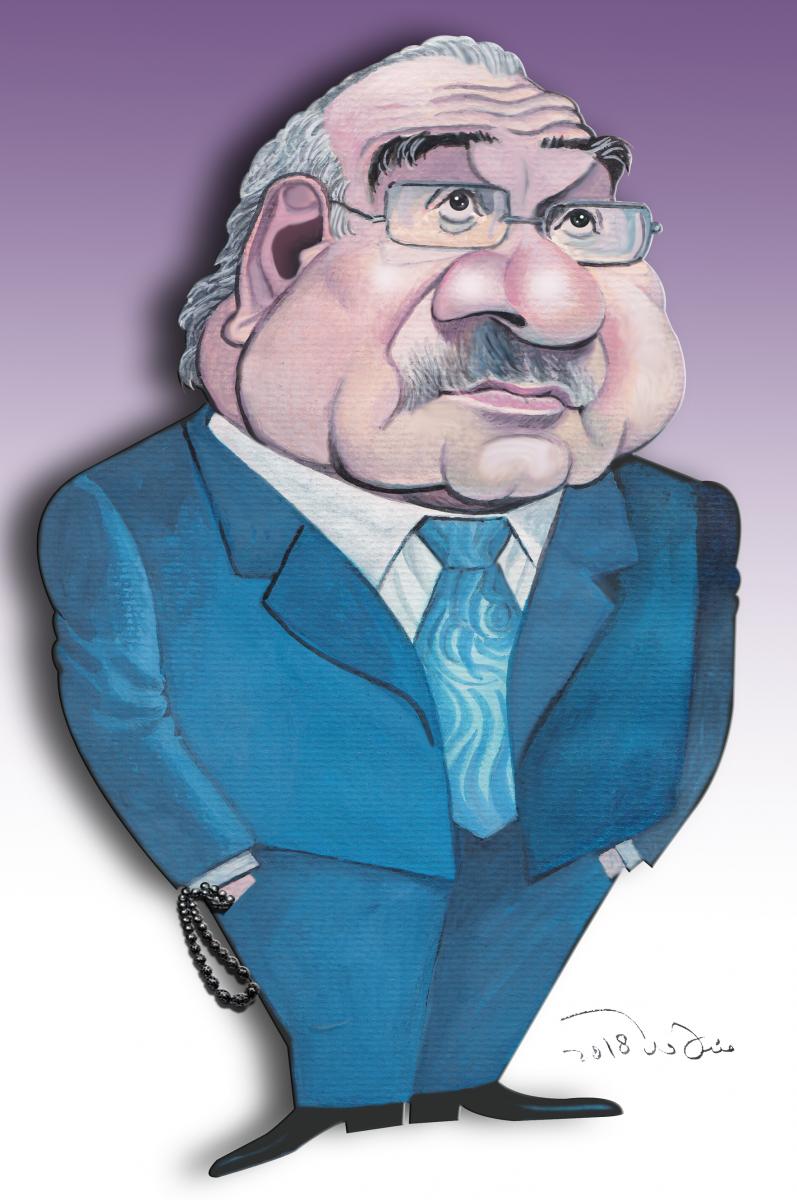
Following the 2018 Iraq parliamentary elections and the 5 months of political deadlock, newly elected President Barham Salih appointed veteran politician Adil Abdul Mahdi as the new prime minister designate. Abdul Mahdi is considered as the “ideal compromise” candidate as he is the nominee of both winning blocs (Sadr’s Sairoon Alliance and al Amiri’s Fateh Bloc) and has close relations with both the US and Iran. As the new head of government, Abdul Mahdi is taskedwith the huge job of rebuilding Iraq after it endured a fierce war with ISIS, addressing the economic and material grievances of the Iraqi population and maintaining relations with international allies.
Abdul Mahdi was born in Baghdad in 1942 to a father who was a minister in Iraq’s monarchy government. His father also participated in the 1920 Iraqi revolt against British rule. He attended Baghdad University, where he received his bachelor’s degree in economics in 1963. Two years after graduating, he was employed as a third secretary in the Iraqi foreign ministry. His first involvement in politics came during his youth in the 1960s, having been a member and supporter of Iraq’s Baath party (the party that Saddam Hussein hailed from), which was still in its infancy stages. Eventually, growing ideological differences led to his departure from the party. He later moved to France in 1969 to pursue a master’s degree in political science at the International Institute of Public Administration in Paris. His academic pursuits did not end there, in 1972 he obtained another master’s degree from the University of Poitiers in France, but this time he studied political economy. Finally, he obtained a PhD in economics, also in France.
While in France he also became the president of the French Institute for Islamic Studies. Moreover, he worked in think tanks and became an editor for many French and Arabic magazines. During his time in France, he was influenced by communist views. As such, he eventually joined the Iraqi Communist Party (ICP).
His loyalty to communist ideals would not last forever; in the 1980s he underwent another political conversion, this time embracing a Shia Islamist ideology. After the 1979 Iranian Revolution, he joined the Shiite Islamic revolutionary movement, going as far as joining and eventually becoming a leader in the Supreme Council for the Islamic Revolution in Iraq (SCIRI). He also worked closely with the former head of the SCIRI, Mohamed Baqir al-Hakim. He remained a member of the SCIRI until 2017, after its latest leader, Ammar al-Hakim, left the party to create a new one called the National Wisdom Movement.
He would return to Iraq after the ouster of the Hussein in 2003, from there he became an active member of Iraqi politics. As a member and representative of the SCIRI, he was appointed as Finance Minister for the Iyad Allawi government in 2004. During his tenure, he led negotiations with the US to cancel Iraq’s foreign debt. He also persuaded international creditors to reduce Iraq’s debt. Furthermore, he helped draft Iraq’s new constitution.
During the 2005 Iraq elections, he was one of the favourite nominees to be appointed Prime Minister, but he was instead chosen to become one of the Vice Presidents (a position that is shared with two other politicians, an arrangement that came about during the Iraqi interim government and the Iraqi Transitional Government and still exists today). His reign lasted 6 years, until he resigned in 2011.
Abdul Mahdi’s last political post before his premiership came in 2014 when former Prime Minister Haidar al-Abadi appointed him as Oil Minister, a position he held until his resignation in 2016.









